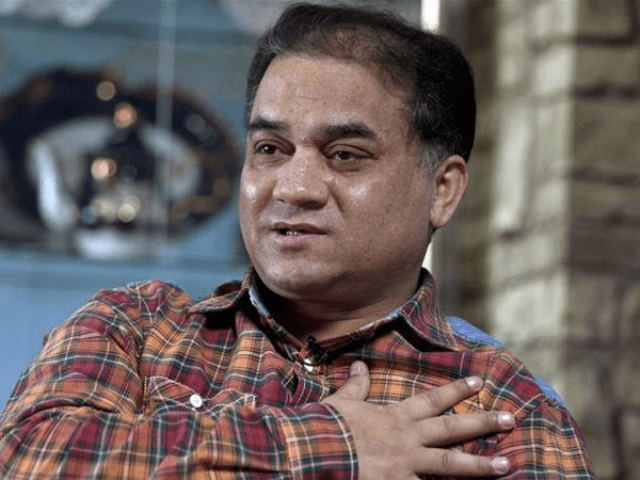The European Parliament on Thursday awarded the Sakharov Prize for Freedom of Thought to Uyghur academic Ilham Tohti, currently serving a life sentence in China on charges of promoting “separatism” in the northern region of Xinjiang.
A former professor of economics at a Beijing university, Tohti was an outspoken critic of the Chinese communist regime’s repression of the Uyghur minority. In 2014, he was sentenced to life imprisonment on charges of advocating separatism, in a trial that provoked widespread condemnation from foreign governments and human rights organizations.
“Tohti has dedicated his life to advocating for the rights of the Uyghur minority in China. Despite being a voice of moderation and reconciliation, he was sentenced to life in prison following a show trial in 2014,” said EU Parliament President David Sassoli “By awarding this prize, we strongly urge the Chinese government to release Tohti and the respect of minority rights in China.”
Prior to his arrest in January 2014, Tohti founded and ran the UighurOnline website, which wrote in Uyghur and Chinese about issues facing the region’s population. The EU notes that during his career, Tohti was a “proponent of dialogue and advocate for the implementation of regional autonomy laws in China,” while at the same time “voice of moderation and reconciliation.”
Last September, the 49-year-old academic also won another of Europe’s top human rights awards, the Vaclav Havel prize, for “giving the entire Uighur people a voice.”
Over one million Uyghurs and other ethnic minorities have been detained by Chinese authorities across Xinjiang since 2017. They have consequently been placed in concentration camps aimed at indoctrinating them into the ideals of the Chinese communist regime, forcing them to disavow their allegiance to Islam, engaging in slave labor, receiving forced sterilization or birth control, and, some reports suggest, being used as live organ donors.
Beijing vehemently disputes claims that the camps are intended as a repressive apparatus, insisting they are instead “voluntary de-radicalization camps” and “vocational training centers” intended to integrate interns into Chinese society. They also argue the camps remain a necessary measure to fight terrorism following various Islamist inspired attacks over the past decades.
The award provoked fury from Beijing, with Chinese Foreign Ministry spokeswoman Hua Chunying telling a press briefing Friday that Europe had awarded a “terrorist.”
“I hope that Europe can respect China’s internal affairs and judicial sovereignty, and avoid celebrating a terrorist,” said Hua. “I don’t know what exactly this prize is, what it’s importance, value or impact are.”
The Sakharov Prize is named after the Soviet physicist and political dissident Andrei Sakharov and has been awarded annually since 1988 to individuals who have fought for “human rights and fundamental freedoms.”
Other nominees for the 2019 prize included Russian opposition leader and anti-corruption campaigner Alexei Navalny, the Brazilian LGBT activist Jean Wyllys and the Restorers, a group of student app developers from Kenya.
Previous winners of the award have included the Pakistani schoolgirl and women’s rights campaigner Malala Yousafzai (2013), Cuban dissident Guillermo Fariñas (2010) and two Yazidi women who escaped Islamic State (2016).
Follow Ben Kew on Facebook, Twitter at @ben_kew, or email him at bkew@breitbart.com.

COMMENTS
Please let us know if you're having issues with commenting.